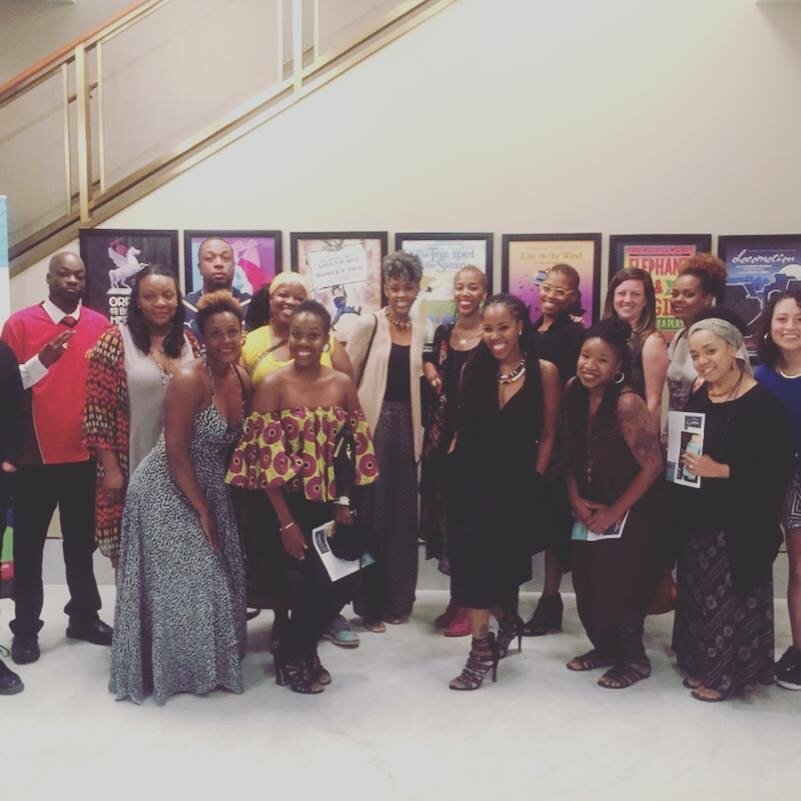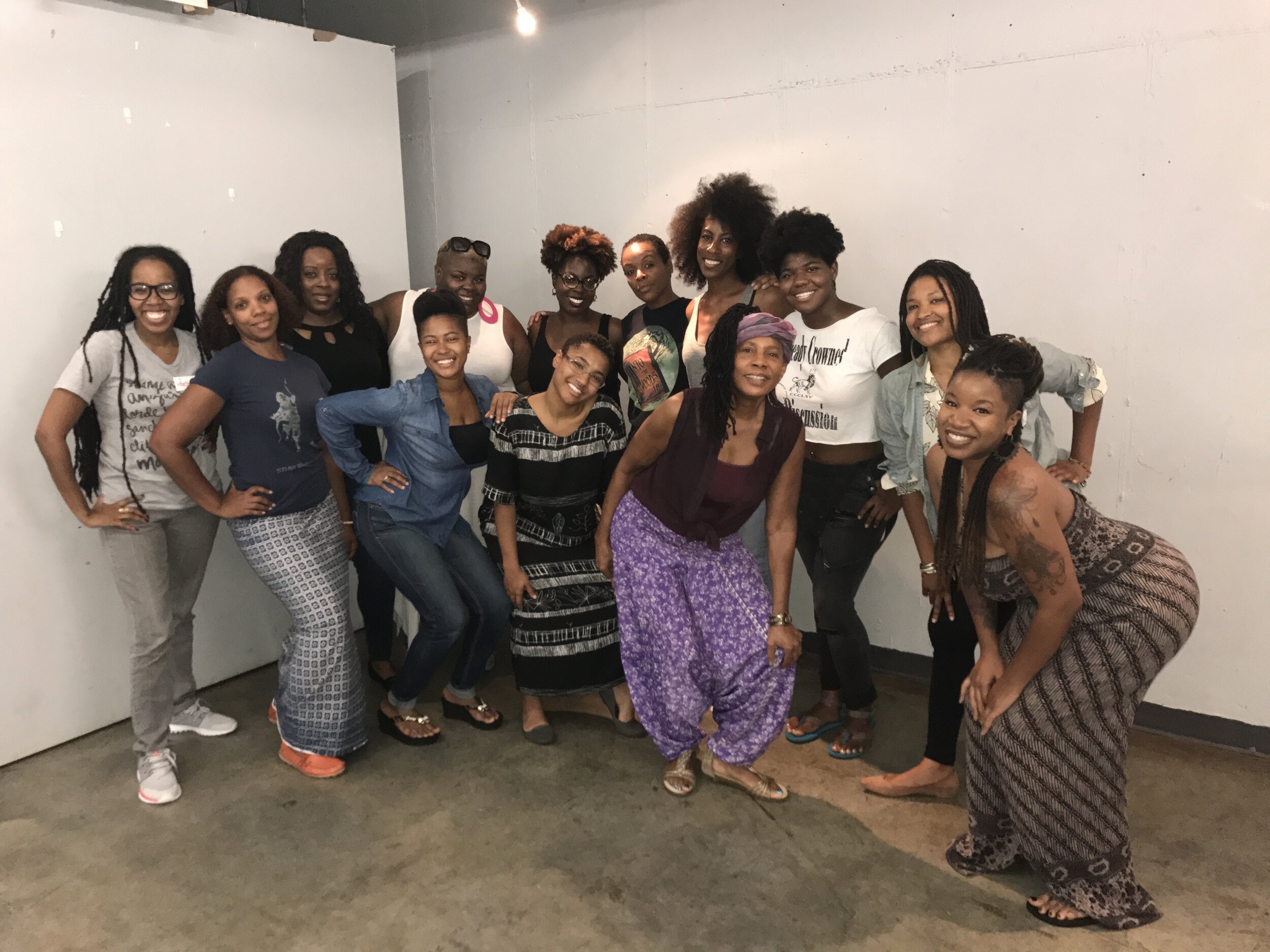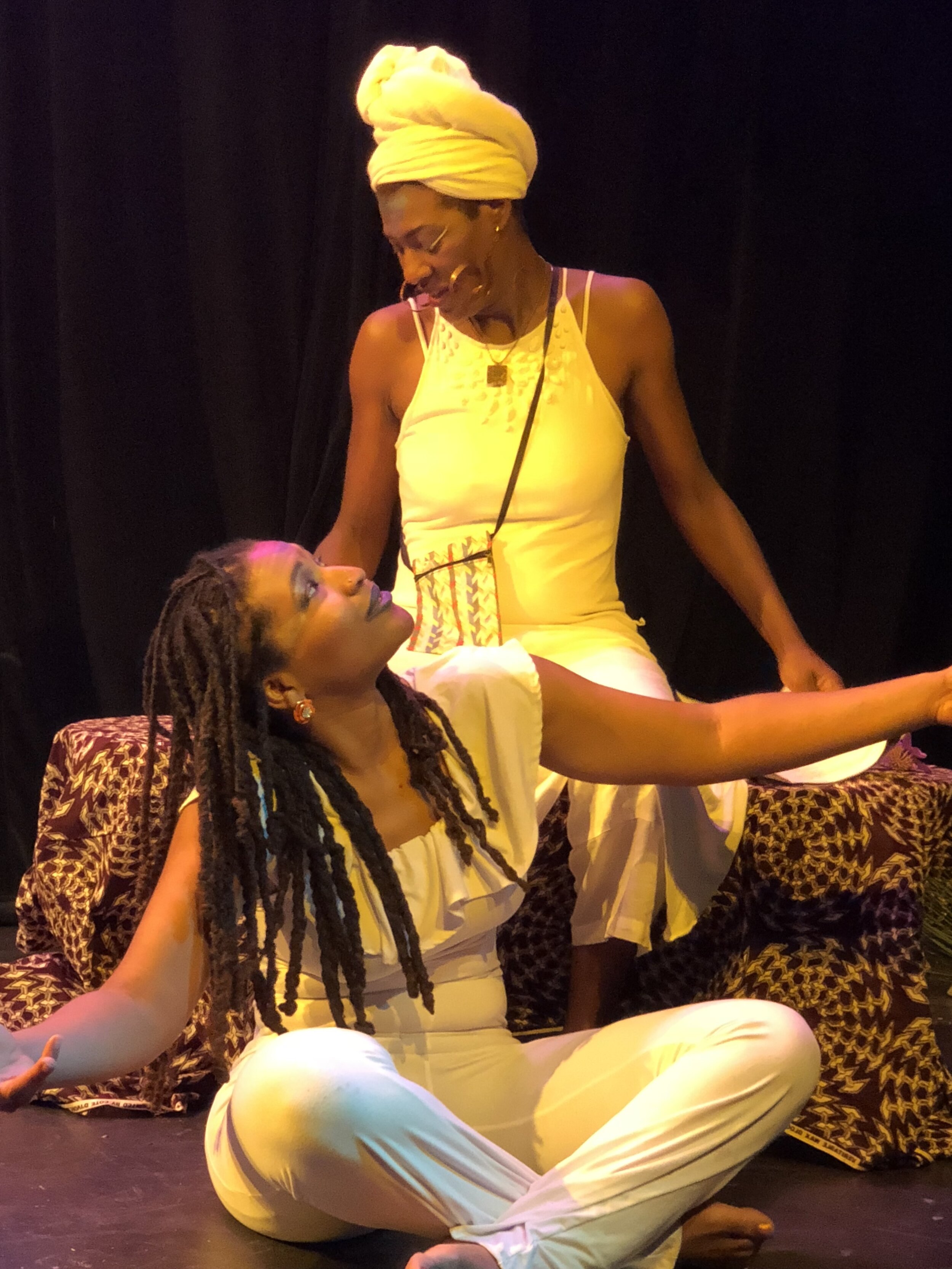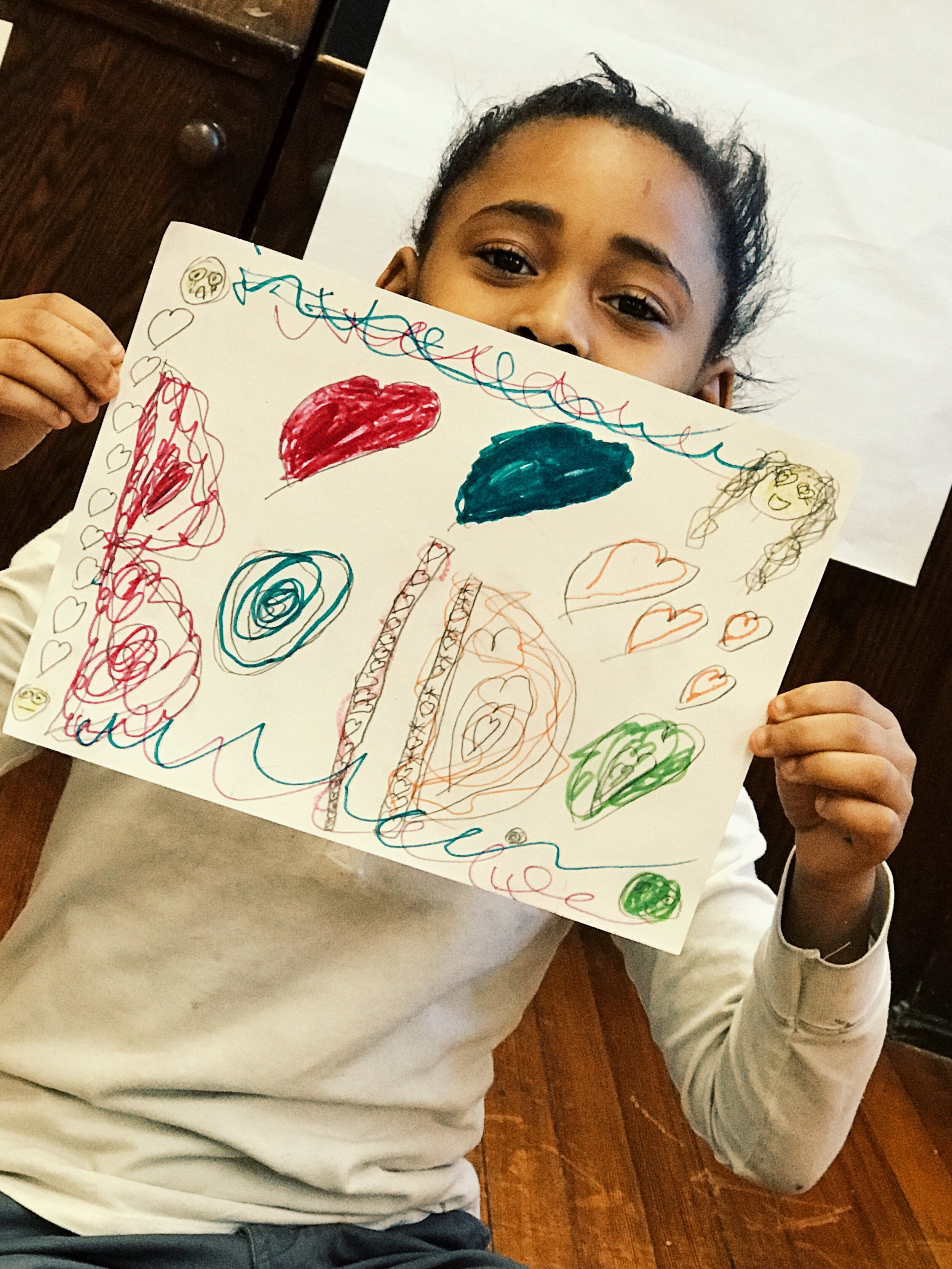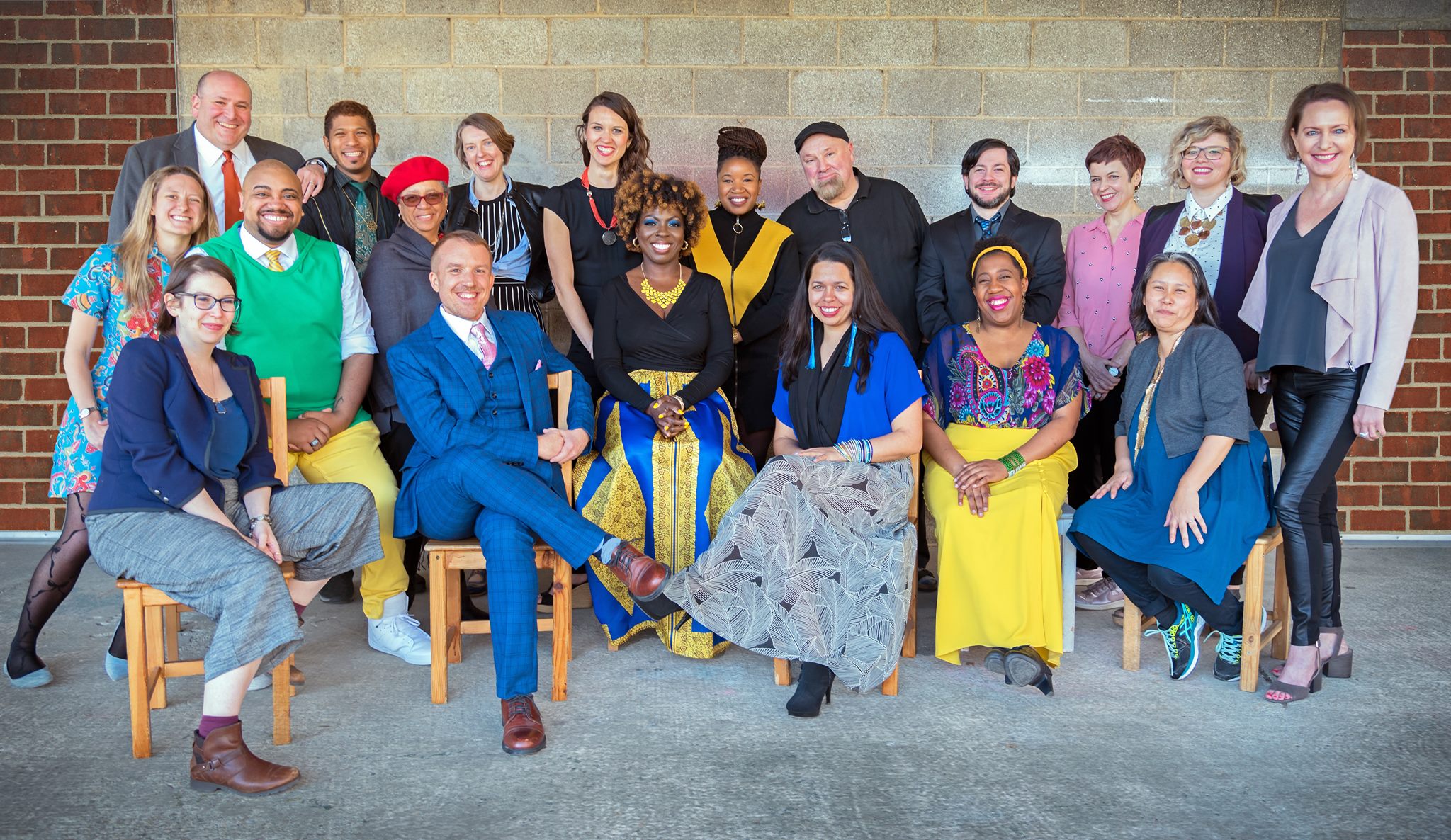This summer, FRESHH Incorporated Theatre Company had closed. Not quite like a door shutting, but more like a flower folding its petals toward the center at night time. The sun had set, and a new phase was just set to begin. I had begun working with FRESHH Incorporated Theatre Company back when it was FRESHH Inc. in 2015 when its most central focus was as a performing arts and mentorship program for school-aged Black girls. I can’t recall exactly how I first met Goldie Patrick, FRESHH’s Founding Executive Director, but it was at the Atlas Performing Arts Center for some type of show for the Atlas Intersections Festival. I remember walking up to her and introducing myself, enthusiastically. Something along the lines of…
Hi, my name is Teshonne! I loved your show! I’m new to DC and just getting started in my artistry. Is there anyway I can be involved in any capacity with your work with FRESHH?
Ha! And Goldie must have replied very pleasantly, matching my enthusiasm with… yes! Absolutely! I felt proud of myself at that moment because I had done something that I’m historically horrible at: networking. And if I did come across as awkward and weird, Goldie didn’t let me know it. :) I didn’t know what I expected after that interaction. But, I remember being thrilled and pleasantly surprised when she reached out to me to participate in her play, Surrender.
Since that time, I worked with FRESHH as a performer, a playwright, a communications professional, an educator, a director, and a program manager. It was FRESHH Incorporated Theatre Company that professionally produced my very first play, Afromemory. It was FRESHH Incorporated Theatre Company that produced my work at the Kennedy Center. It was FRESHH Incorporated Theatre Company that allowed me to lead a writing circle of Black women interested in playwriting. And through FRESHH, I have met so many talented Black women artists along the way. FRESHH Incorporated Theatre Company gave me a chance to try out my art. As a Black woman writer in DC, I often felt lost as to how I was supposed to get my work out there. How was I supposed to deepen my connections and experience in a predominantly White, male theatre economy? FRESHH said to me (in Goldie’s voice):
Don’t trip. We got you. We’ll hold you up. We’ll lift each other up. This is a safe space to create, to grow, to mess up, and to triumph.
As FRESHH Incorporated Theatre Company comes to a close in 2020, I’m reflecting on what I will take with me from what I’ve learned and experienced there. I’m thinking of how I can pass on to others what FRESHH has passed on to me: professional perseverance, artistic confidence, a love for community, a love for Black people, and a passion for Black women stories, all of them.
Thank you, Goldie, for giving me a chance. Thank you for your hard work, your mentorship, and your creative and bold spirit.
-T


